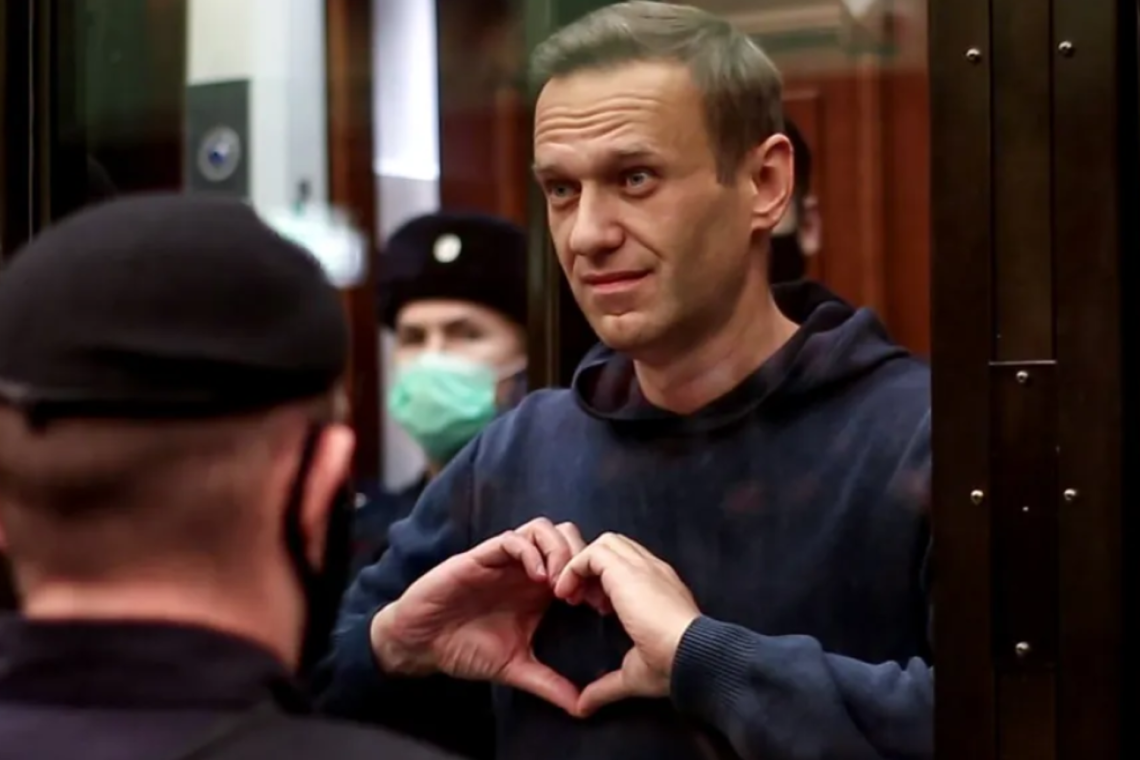Navalny's death is seen by progressive journalists and politicians as an act of terror targeting everyone who believes in a normalized Russia and who has hopes for a free future
Barış Altıntaş
The Federal Penitentiary Service of Russia (FSIN) announced on February 16 that politician Alexey Navalny died in the Harp compound of the Polar Wolf prison colony. FSIN reported that Navalny lost consciousness and could not be revived despite attempts. The state-run RT channel claimed that Navalny died of a blood clot.
In Turkey, Navalny is known simply as an "opposition" figure, but he actually represented the sole hope for those defending a dignified life and a free country against Putin's deep grip. His death, essentially a political assassination, represents a severe blow to human rights defenders and independent journalists, symbolizing the theft of hope.
Over the past decade, Russia, which Turkey has recently surpassed in terms of political progression, has witnessed several political assassinations. However, Navalny's death sends a message not only to its direct targets but also to human rights advocates and progressives in Turkey.
To understand the implications, we turn to the reactions of opposition politicians and journalists to Navalny's killing.
Leonid Gozman, a politician who participated in Dozhd TV's live broadcast about Navalny, emphasized that Navalny's death was murder. Gozman, visibly emotional, stated, "All I can say is that Navalny's death was not in vain. He lived in a historical context, aware that his life was part of a significant historical path that most of us could not influence, yet he chose to make an impact."
Gozman recalled Navalny's return to Russia after treatment in Berlin for poisoning by the Russian intelligence's "novichok" agent, noting Navalny knew he might die in prison but was not a "victim of circumstances."
Kirill Martynov, editor-in-chief of Novaya Gazeta Europe, believes Navalny's death marks a new historical phase, signifying that any alternative to Putin will be met with death. He commented, "The Russian government's message to its people, especially Ukrainians, is clear: any doubt that Putin is the sole option for the nation's survival invites all forms of violence. This primarily targets those in Russia who harbor hopes of change."
Martynov also mentioned Putin's recent interview with American conservative journalist Tucker Carlson, interpreting it as a signal that the U.S. could negotiate with Putin. He pointed out that Navalny's assassination, right before the second anniversary of the war in Ukraine and upcoming elections, could be seen as a gift to Putin or a dramatic gesture.
Dmitry Kolezyov, editor-in-chief of Republic newspaper, spoke during the same live broadcast before Navalny's team could confirm his death. He suggested that FSIN had no reason to lie, indicating that Navalny's death marks a new phase in Russian politics and governance. Kolezyov noted, "For at least the last decade, maybe longer, Russia's political life has largely revolved around Navalny. Even from prison, he remained Russia's primary opposition politician and perhaps its foremost politician overall."
He added, "Navalny truly engaged in politics, showing many how and why it was necessary in Russia. In a sense, he created a style, if not a school, of Russian opposition politics. Today, we all live largely within the context and paradigm defined by Navalny."
Regarding the upcoming presidential elections, Kolezyov questioned the necessity of Navalny's murder, stating, "Referencing a clot makes it possible to explain anyone's sudden death. For Putin, whether this occurs before or after elections is inconsequential. What benefits him is the diminishing of critics and the fear of opposition. Navalny's death, like Boris Nemtsov's murder, is advantageous to Putin, regardless of its timing relative to the elections. The presidential elections are not genuine; there is no point in fighting for percentages; Putin has no real opponents."



